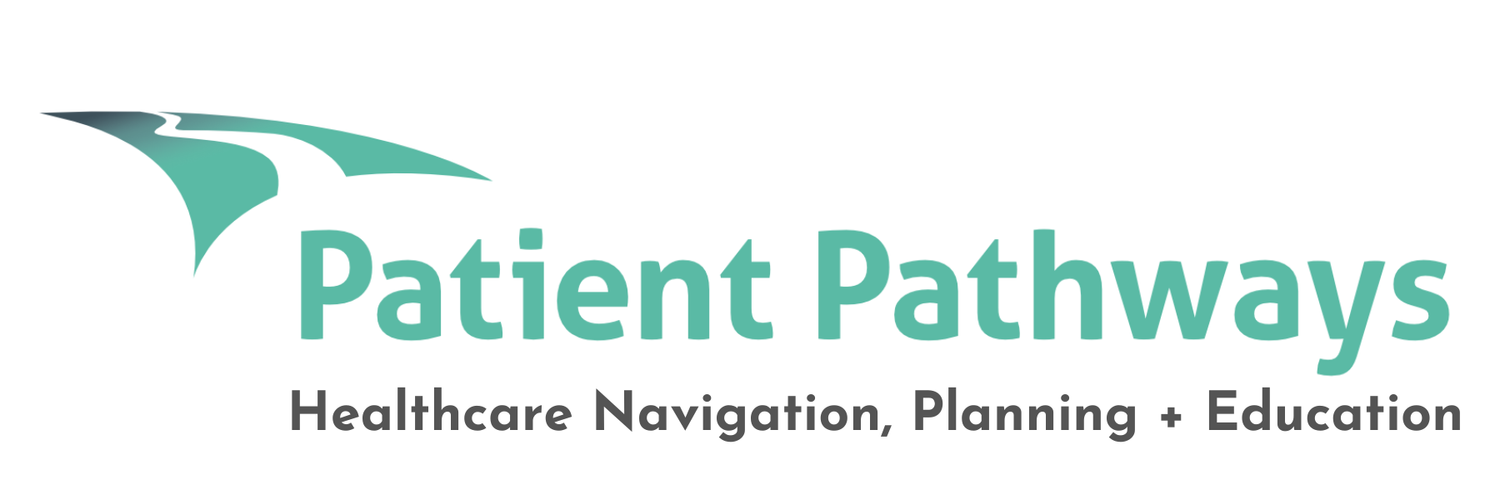A “Good Death”: Eco-Friendly Funeral Choices & Family-Led Rituals
Talking about death isn’t easy. Most of us would rather put it off, hoping the day we lose someone dear—or face our own mortality—never comes. But when we take a deep breath, open the conversation, and plan ahead, we give ourselves and our families a gift: the chance for peace, clarity, and even moments of beauty in our final chapter.
Below is a summary of my recent video conversation with Ngaio Davis, founder of KORU Cremation | Burial | Ceremony in Vancouver, in which we explored how families can reclaim deeply personal rituals, and make choices that are gentle on both the heart and the planet, that truly reflect the life lived.
Why You Don’t Have to Do It Alone — But You Can
In grief, even the smallest decisions can feel overwhelming. Many people wonder, “Do we really need a funeral director?” The truth is, in BC, you don’t have to hire one—you can legally take care of everything yourself, from registering the death to arranging cremation with a licensed cremation service.
But it’s a lot. During those first raw days of loss, it can help to have someone in your corner who knows the system inside and out.
A licensed funeral home professional or funeral director can walk alongside you, handling the administrative details so you can spend your energy where it matters most: caring for your loved one’s body, connecting with family, and creating a ceremony that feels right.
And if you do want to roll up your sleeves and take part in the hands-on rituals—washing and dressing the body, organizing the memorial, that’s possible, too. Many funeral homes, including KORU, happily work “à la carte,” offering only the support you truly need.
Denial and the Cost of Waiting
It’s human to avoid thinking about the end. But putting off conversations and plans, like funeral pre-planning or advance care planning, can leave the people we love with unnecessary heartache. Without a will and other essential legal documents for end-of-life in BC (such as a Representation Agreement or Advance Directive), the law decides who gets to make decisions, and it might not be the person who knows your wishes best. That can cause delays, conflict, and confusion when emotions are already running high.
Ngaio reminded me that facing our mortality isn’t just about accepting death—it’s about protecting the people we care about. Even small steps, like naming a decision-maker through a Representation Agreement or writing down your ceremony preferences, can lift a huge weight from your family’s shoulders later.
What Makes a Good Death?
A “good death” might sound like a strange phrase—but it’s really about clarity, kindness, and love. When your wishes are written down in a will or an advance care plan and shared openly, your family doesn’t have to guess or argue about “what you would have wanted.”
And while your preferences matter, whether that’s no ceremony at all or a lively celebration of life, it’s worth considering the needs of those left behind. Sometimes, giving them a way to gather, share stories, or say goodbye is just as important as honouring your own vision. A good plan finds that balance.
Honouring Life Through Personalized, Eco-Friendly Ceremonies
Besides mentioning a touching memorial walk where guests collected sticks to honour their loved one’s passion for walking and connection with nature, Ngaio also highlighted other ways families can create deeply personal, eco-friendly ceremonies that reflect the individual’s values and life story.
For example, Ngaio often supports families who choose to use locally made, natural pine-wood trays with cardboard tops as caskets, instead of traditional ones. These are simple, biodegradable, and environmentally conscious choices that reduce the footprint of deathcare. She emphasizes that the ceremony and memorial aspects can be thoughtfully planned with natural, sustainable materials that integrate into the local ecosystem.
Another beautiful option Ngaio mentioned is the use of biodegradable urns. Families can select from a wide range crafted to break down naturally in soil or water, allowing ashes to return gently to the environment. This aligns with practices such as green burial, where bodies are interred without embalming and in biodegradable shrouds or caskets, promoting ecological restoration of the burial site through native plants seeded afterwards.
Ngaio also speaks about the power of community participation in ceremonies to deepen meaning and connection, such as intimate gatherings or outdoor celebrations. These have grown more common recently, especially during the pandemic when smaller, more personal rituals became valued for their intimacy and emotional support.
These practices encourage a gentle, respectful farewell that honours both the loved one’s life and the planet, encouraging a shift from conventional funeral models to ceremonies that emphasize life celebration and environmental care.
Final Practical Tips
Choose your funeral provider early, so you’re not left making rushed decisions.
Keep important documents, passwords, and instructions accessible to someone you trust. This includes your will, Representation Agreement and Advance Directive.
Consider paying for or reserving your chosen funeral or cremation services ahead of time through funeral pre-planning.
Know that your planning is a gift—you’re lifting an emotional and practical burden from those who love you.
Dive Deeper
If this conversation has sparked questions about how to create your own meaningful, eco-friendly farewell, I invite you to watch my full interview with Ngaio Davis. You’ll hear more inspiring stories, practical guidance, and gentle encouragement to help you begin these important conversations with confidence and care. Watch the full video here: https://www.youtube.com/watch?v=WCP992nQmCQ
Death is inevitable, but with compassionate preparation, we have the power to shape how we meet it. By starting the conversation now—with openness and courage—we create space for a gentler goodbye, both for ourselves and for those we love.

